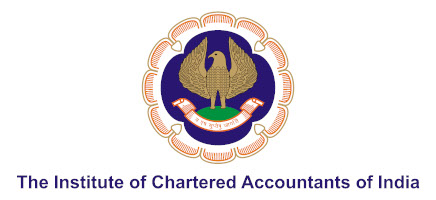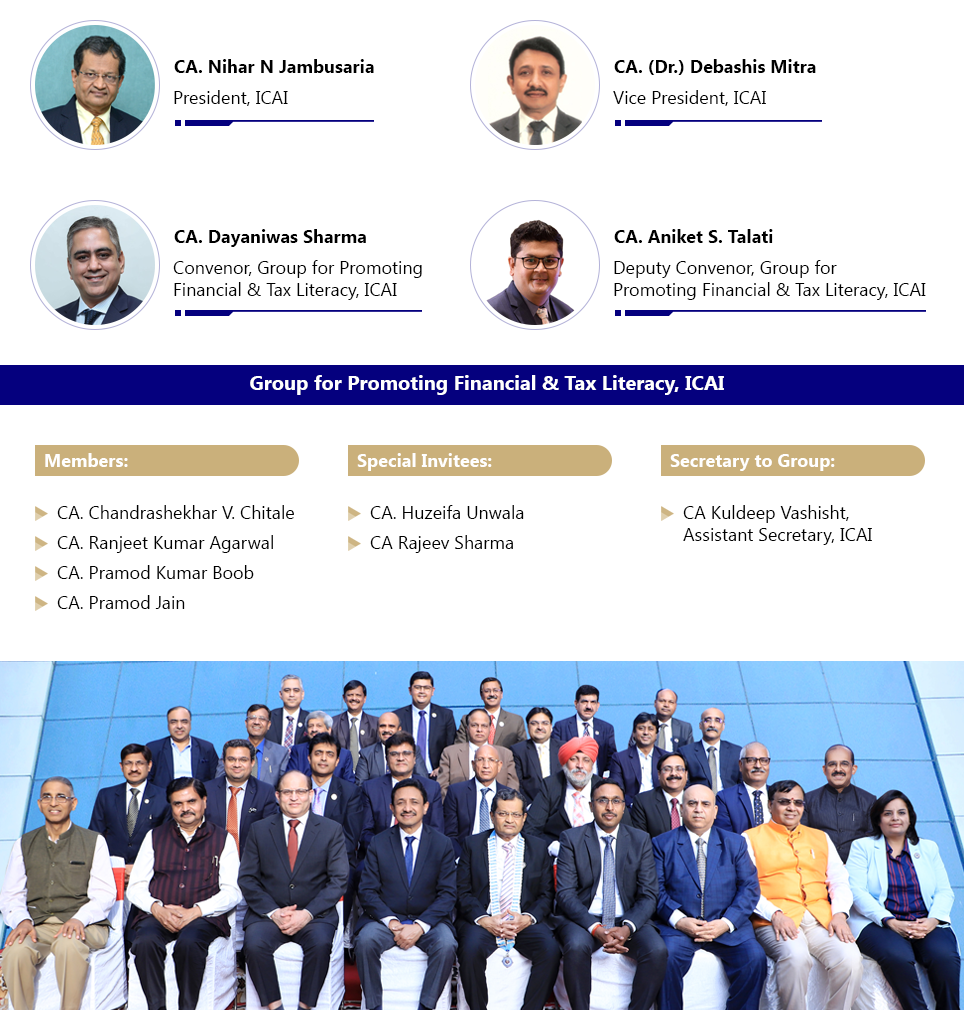1. When should a taxpayer file an income tax return?
Due date for filing income tax return is –
- 31st July of the assessment year in case of persons not required to get accounts audited or
- 31st October of the relevant assessment year for companies or persons other than company who are required to get books of accounts audited.
2. Can a person file return of income even if his income is below taxable limits?
Yes, he can file return of income voluntarily even if his income is less than basic exemption limit.
3. What documents are to be enclosed along the return of income?
There is no need to enclose any document with the return of income. However, one should retain the documents to produce before any competent authority as and when required in future.
4. Should we disclose all our income in the return even if it is exempted?
Yes. Income from every source including exempt income must be disclosed.
5. Is there any limit of income below which I need not pay tax?
As per section 115BAC, which is a default regime for the A.Y. 2024-25 provide a limit of Rs. 3 lakhs upto which no tax is leviable. This limit is applicable for all age group individuals, HUFs, AOPs and BOIs. The default regime provides for concessional tax rate subject to certain conditions mentioned under section 115BAC.
However, in case an option is exercised to opt out of the default regime, limit of Rs. 2,50,000 is applicable for an Individual, HUF, AOPs, and BOIs upto which no tax is leviable. In respect of resident individuals of the age of 60 years and above but below 80 years, the basic exemption limit is Rs. 3,00,000 and in respect of resident individuals of 80 years and above, the limit is Rs. 5,00,000.
For other categories of persons such as firms, co-operative societies, companies and local authorities, no basic exemption limit exists and, hence, they have to pay taxes on their entire income chargeable to tax.
6. What is the major difference between default (simplified or new) tax regime and old regime?
The major difference between the default and old tax regimes is the income tax slab rates and the availability of exemptions and deductions. Under the old tax regime, taxpayers can claim exemptions and deductions on investments and expenses such as house rent allowance, medical insurance, etc. However, under the default tax regime, most of these exemptions and deductions have been removed and replaced with a reduced income tax slab rate. Once a person having business income come under default regime he cannot come out of such regime. However, a person not having business income can exercise option to opt out of default regime every year.
7. How do I choose tax regime (default or old) in income tax?
When it comes to deciding between the old and default tax regimes, it is important to consider the exemptions and deductions that can be claimed in the old tax regime. After subtracting all the eligible deductions, an individual can calculate their net taxable income.
This should then be compared to the tax liability under the new tax regime. Whichever option has the lower tax liability should be chosen.
To decide on which regime to opt, the official website has shared a link;
https://incometaxindia.gov.in/Pages/tools/115bac-tax-calculator-finance-bill-2023.aspx

